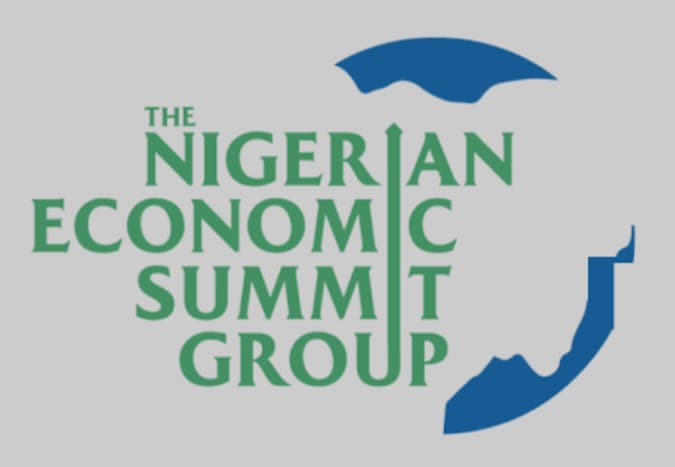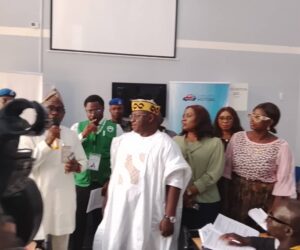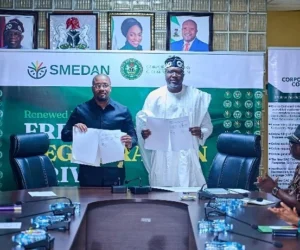10 total views today
By Taiye Olayemi
The Chairman of the Nigerian Economic Summit Group (NESG), Mr Niyi Yusuf, on Tuesday said that Nigeria must embrace a new wave of bold and structural reforms to ensure sustainable growth and prosperity.
Yusuf said this at a news conference ahead of the 31st Nigerian Economic Summit (NES#31), scheduled to hold from Oct. 6 to Oct. 8, in Abuja.
The summit has the theme: “The Reform Imperative: Building a Prosperous and Inclusive Nigeria by 2030”.
He explained that while the removal of fuel subsidies and the harmonisation of foreign exchange had narrowed fiscal deficits and restored a measure of stability, noting that reforms must go beyond crisis management.
“The reforms of 2023 and 2024 gave us breathing space, but they will not, on their own, deliver the Nigeria we envision by 2030.
“What is required now is a second wave of reforms; structural, deliberate, and transformative,” Yusuf said.
He recalled that the NESG had, over the past three decades, influenced landmark policies in pensions, telecommunications, agriculture and energy, while also providing the blueprint for Nigeria’s recovery from the 2016 recession.
According to him, NES#31 will focus on five sub-themes, including industrialisation-led growth to reduce dependence on imports, and building critical infrastructure such as power, transport, broadband and logistics, which he described as the backbone of productivity.
The other themes include advancing inclusion to ensure that women, youth, small businesses and underserved communities benefit from reforms; strengthening institutions through good governance, policy continuity and rule of law; and unlocking investment opportunities amid global trade shifts and AfCFTA integration.
“These five priorities will be anchored on reforms, resilience and results,” Yusuf said, adding that the summit would convene policymakers, private sector leaders, development partners and civil society to chart practical pathways for inclusive growth.
He warned that the choice before Nigeria was stark — to treat current reforms as an end and risk sliding back into fragility, or to seize them as the foundation for building a resilient, productive and globally competitive economy.
“The Reform Imperative is not about tomorrow; it is about the choices we make today. Together, let us build a prosperous and inclusive Nigeria by 2030,” he added.
Also, the Chief Executive Officer of NESG, Dr Tayo Aduloju, said that this year’s Nigerian Economic Summit would focus on addressing the critical reforms needed to drive inclusive growth in the country.
Aduloju explained that the theme was drawn from Nigeria’s economic realities in the past five years, stressing that reform was no longer a choice but a necessity.
“How do you grow an economy? You grow an economy by expanding investment, expanding government expenditure, expanding consumption, while creating a trade surplus, exporting more than you are importing. That is what creates jobs,” he said.
According to him, the summit will focus on identifying not only the reform imperatives but also the constraints hindering economic growth.
He noted that these include obstacles to investment, government expenditure, export growth, consumption, and overall productivity.
Aduloju added that the dialogue sessions at the summit would provide opportunities to share practical insights and strategies that could unlock growth, boost competitiveness, and ensure inclusive prosperity for all Nigerians. (NAN) (www.nannews.ng)
Edited by Olawunmi Ashafa








